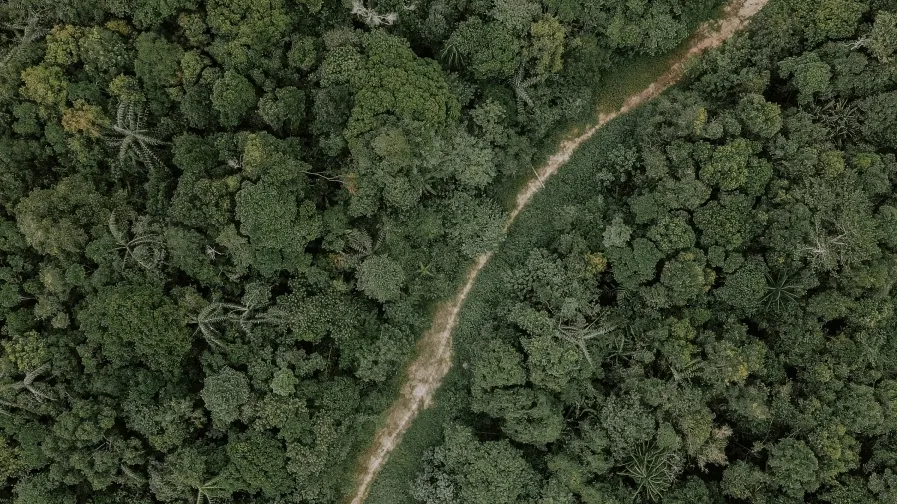
IDCTA: Global participation can boost Indonesia’s carbon credit sales
The new carbon market has as much as 71.95% of carbon credits unsold at the end of 2023.
Carbon trading in Indonesia enters a new phase with the establishment of the carbon market inaugurated by the President Joko Widodo in September, 2023.
But despite significant potential — a market potential of IDR3,000 trillion ($192m), according to Joko — associations express concern that without regulations for foreign trade, the opportunity may be lost, hindering the demand for carbon credits.
Carbon trading holds crucial importance for Indonesia, aligning with the government’s commitment to address the climate crisis. This strategic initiative involves the buying and selling of carbon emission commodities, with the generated revenues earmarked for environmental protection, particularly in the reduction of carbon emissions.
Indonesia recognises its potential role in emission reduction, foreseeing substantial revenue through active participation in carbon trading. The country’s commitment is evident in its National Determined Contributions (NDC) document, submitted to the UN, where Indonesia pledges to reduce carbon emissions by 31.89% by 2030.
This reduction is measured against the estimated 2030 emissions of 2.8 billion tons of CO2 equivalent, reflecting Indonesia’s proactive efforts to contribute to global climate goals. Taking 30% of 2.8 billion tons, it becomes around 840 million tons for 10 years from 2021 to 2030.
“If divided by 10 years, it becomes 83 million tons per year, while from our nature-based or forestry sector, there are 480 projects being prepared, with 360 projects being new applications and 120 projects being old permits applied for conversion into carbon projects,” Riza Suarga, who chairs the Indonesia Carbon Trade Association (IDCTA), told Asian Power.
He mentioned that the total emission reduction from these 480 projects is 240 million tons, with the national target from this calculation being 83 million tons per year. Therefore, from nature-based or forestry projects alone, there is a surplus of 160 million tons of carbon that can be traded.
This is only from the forestry sector, not to mention the energy sector through carbon storage, where there are currently about 30-40 projects. One carbon storage project can produce around 1.5 billion tons, so 30-40 projects have a carbon surplus of 30-40 billion tons.
“With a minimum of 30 billion tons of carbon credits, while the baseline set by the government is 2.8 billion tons, it is far from enough, so Indonesia has significant potential to achieve emission reduction targets through these carbon credit projects,” Riza said.
He sees such opportunities as potential for nature conservation, driving sustainable economic growth, and creating jobs in Indonesia.

Not optimal yet
Although the carbon market has been open since September 26th 2023, trading transactions on the market are still considered low. From that date up to the end of December 2023, the trading value on the Indonesian Carbon Market reached IDR 30.9 billion with a trading volume of 494,000 tons of carbon dioxide. Until the end of 2023, as much as 71.95% of carbon credits remain unsold.
According to the Indonesian Financial Services Authority (Otoritas Jasa Keuangan or OJK), which is the regulatory authority overseeing carbon trading in the Indonesian carbon market, the demand is still minimal. One reason for this is the lack of obligation for corporations to have carbon credits, so transactions in the carbon market tend to be voluntary.
Globally, there are two types of carbon trading mechanisms: the voluntary market and the mandatory market. In the voluntary market, emission producers compensate for the CO2 produced by purchasing carbon credits from projects aimed at reducing or eliminating CO2 emissions. The voluntary market is not regulated by the government, and transactions take place directly between the seller and the buyer.
In the mandatory market or cap-and-trade system, authorities set emission limits for participants, and carbon credits are sold to entities that exceed the government’s limits.
Riza said that whilst optimising carbon credit trading mechanisms and imposing carbon taxes are expected to attract demand for purchasing carbon credits, it is also important to regulate the realisation of trading for foreign investors. “Liquidity comes not only from domestic sources but also from foreign buyers, and if there are no foreign buyers entering, our market is not attractive,” he explained.
He added that the government should regulate foreign trade soon. If the obstacle to foreign trade is due to national emission reduction targets, Riza believes there is no need to worry about it. “If the issue is about recording, it’s not a problem because there is no obligation to transfer credits, so there is no obligation for buyers, especially from the private sector, to take emission reduction records to their country. Moreover, the projects or forests are in the country,” he said.
Riza acknowledged that one issue regarding carbon trading is verification and data monitoring, where in order to be traded, stored carbon must be registered and then validated. In Indonesia, the validation process is carried out by the Ministry of Forestry and Environment (KLHK). If verified, KLHK will issue emission reduction certification that can be traded on the carbon market.
However, this issue does not need to be a major problem because of current technological advancements, such as the existence of blockchain. “Integrating this data is important to help better understand the market,” he said.
Riza also mentioned Japan as a potential buyer in the Indonesian carbon market as many Japanese companies have growing interest.
Short-term steps
The IDCTA, consisting of carbon project developers, has actually initiated carbon trading even before the existence of the carbon market in Indonesia. The association currently has 40 members, with 20 active members from various sectors, including forestry and energy. One of the association’s members is Pertamina NRE.
Riza noted that the IDCTA has short-term and long-term steps to support the carbon trading ecosystem in Indonesia. The first involves environmental issues, with the primary goal of supporting the achievement of a 1.5-degree Celsius temperature reduction as targeted by the United Nations Framework Convention on Climate Change.
“Our contribution here is related to technical issues and research and development for the methodology of carbon credit certification before being traded again, as well as co-benefits for community development and biodiversity,” he said.
Furthermore, the IDCTA supports the carbon trading ecosystem in Indonesia through legal programs and advocates for the government on carbon trading regulations, promoting carbon trading in Indonesia on the global stage.
In addition, the association focuses on providing training to enable its members to trade carbon smoothly and attempts to provide financial solutions between investors and project owners.
“We also hold conferences to facilitate meetings with buyers or a buyers’ club so that when buyers purchase carbon in Indonesia, they know for sure that its quality is good,” Riza told Asian Power. In fact, one of the conferences organised by IDCTA was the Carbon Digital Conference in 2023, which was attended by 300 participants from 50 countries, including project developers, investors, and offtakers.
At present, the IDCTA is preparing innovative technological solutions to support the carbon trading ecosystem in Indonesia. According to Riza, these include preparing a roadmap, especially regarding the potential nature-based solutions for the forestry sector, and designing standard methodologies to make carbon trading eligible.
They are also setting up digital monitoring and evaluation to ensure the integrity of carbon from Indonesia is not questioned.
Looking ahead, Riza said he hopes that the government regulator can capture opportunities wisely “because global market demand is much higher than domestic obligations.” Putting it in better context, he said: “It is better to adjust to the needs of the global market, synchronise the registry, and align it with existing regulations.”
Finally, Riza cited how carbon taxes from forestry, for example, are already regulated through a 2014 Government Regulation (PP) on non-tax state revenue (PNBP) from forestry carbon.
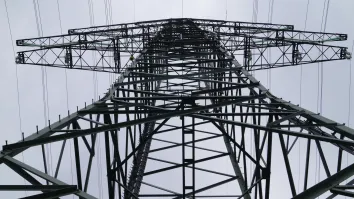
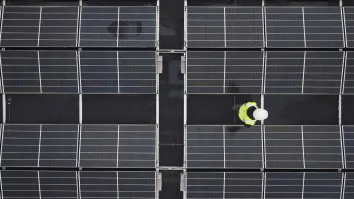
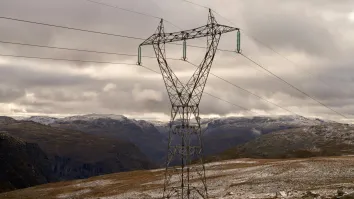
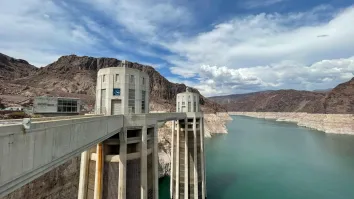
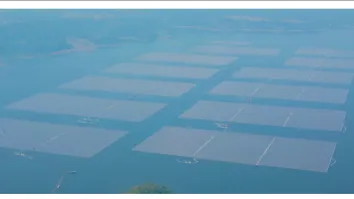
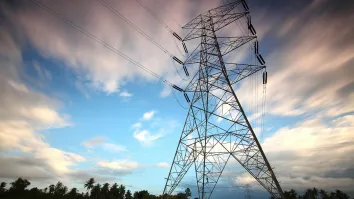
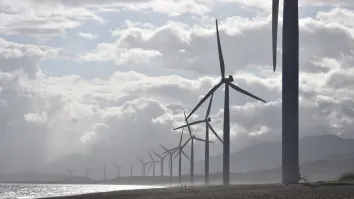
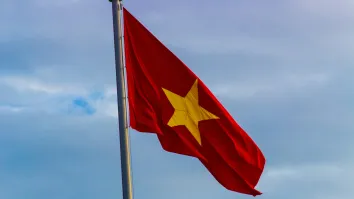
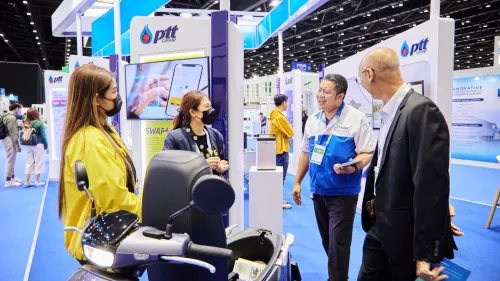
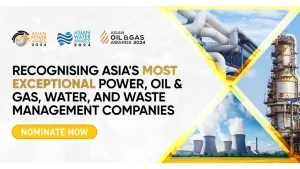
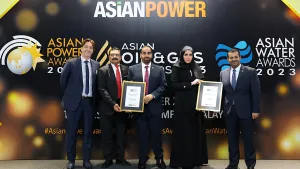
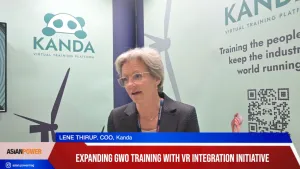





 Advertise
Advertise






